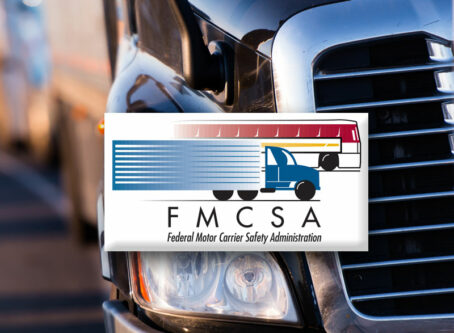Traffic on toll facilities up from April but still down from last year
Five months ago, a national emergency for the COVID-19 pandemic was declared, keeping people home and dramatically decreasing traffic. A recent report shows that since then, traffic is up but still down compared to a year ago.
On Aug. 19, the International Bridge, Tunnel and Turnpike Association released its five-month update on the state of transportation during the pandemic. IBTTA, an association for owners and operators of toll facilities, is reporting that although the situation is better it is still experiencing “significant impacts.”
An update held in May revealed traffic volumes down as much as 80% at some toll facilities, costing the toll industry tens of millions of dollars. Below is the latest information from certain toll facilities:
- Port Authority of New York and New Jersey: August traffic volume down 14% compared with 60% in April.
- New Jersey Turnpike: Traffic down 27% compared with 69% in April.
- Garden State Parkway: Traffic down 23% compared with 64% in April.
- Atlantic City Expressway: Traffic down 25% compared with 69% in April.
- Pennsylvania Turnpike: Traffic down 23% compared with 63% in April.
- Ohio Turnpike: Traffic down 16% compared with 49% in April.
- Georgia State Road and Tollway Authority: Traffic down 53% compared with 79% in April.
- E-470 Public Highway Authority: Traffic down 37% compared with 70% in April.
- San Francisco Bay Area Toll Authority: Traffic down 22% compared with 56% in April.
In April, IBTTA sent a letter to Congress requesting more than $9 billion in federal funding. The association requested the money to be included in Phase 4 emergency relief “to offset the huge loss in toll revenues expected in the next 12 months.”
During the news conference in May, IBTTA CEO Patrick Jones said that since mid-March toll facilities have seen traffic and revenue declines ranging from 50% to 90%.
According to IBTTA’s letter, “unless toll facilities receive immediate relief, many will be forced to comply with bond covenant requirements, which could necessitate reductions in workforce, adding to the rapidly swelling ranks of unemployment; delays in capital projects, slowing the economic recovery that will be desperately needed; and increased pressure on elected officials to consider toll rate increases.”
However, during the news conference, IBTTA members did little to plead its case.
“We are hopeful that there will be help extended from the federal government, but we’re not necessarily making our plans dependent upon those requests … In the short term, we believe we have a good plan and we have the dollars necessary to meet our near-term obligations with or without federal assistance,” said Chris Tomlinson, executive director of the Georgia State Road and Tollway Authority.









